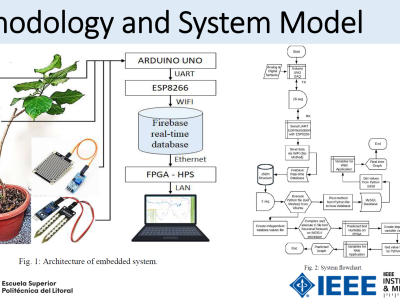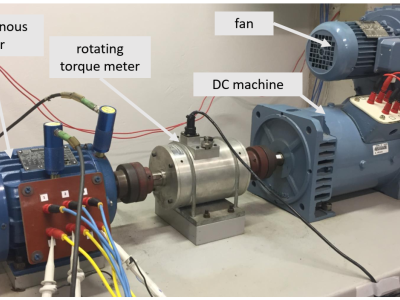Joint model based on RMK-ASSA and DBSKNet

- Citation Author(s):
-
Siwei Lou (Zhejiang University)
- Submitted by:
- Siwei Lou
- Last updated:
- DOI:
- 10.21227/r31v-vy73
 122 views
122 views
- Categories:
Abstract
Blast furnace iron-making process (BFIP) is one of the most critical procedures in the iron and steel industry, in which timely detection and accurate classification of faults have always been of core focus. Nevertheless, due to the coupling effects of complex nonlinear and nonstationary characteristics hidden among the data, the consistent underlying information in the process cannot be accurately mined, hindering the establishment of the BFIP fault diagnosis model. Therefore, we propose a novel data-driven joint fault diagnosis strategy based on regularized mutual kernel analytic stationary subspace analysis (RMK-ASSA) and deep broad stationary kernel network (DBSKNet) to eliminate the above interference. First, considering that standard analytic stationary subspace analysis (ASSA) cannot cope with the complex process nonlinearity and leads to poor modeling accuracy, an RMK-ASSA method is constructed to address this issue. Here, local and global kernels are separately accepted to account for multiple nonlinearities of the process data. Then, the weights of different nonlinear data are obtained by regularized principal component analysis, and the main information is imported into ASSA to obtain more robust and accurate modeling results of the consistent underlying information by eliminating the interference of redundant noise. Moreover, design a DBSKNet-based classifier to implement fault diagnosis task. In this network, nonlinearities are further considered by boosting the kernel structure in depth and width, and the weights of different kernels are also determined to distinguish their respective contributions to fault diagnosis results. On this basis, a double-layer loop parameter optimization algorithm is used to optimize the fault diagnosis effect. Simulated case and practical BFIP validate that RMK-ASSA can eliminate the adverse effect caused by the nonstationary data, and the proposed joint fault diagnosis strategy produces a superior performance over other methods.
Instructions:
result of case studies








